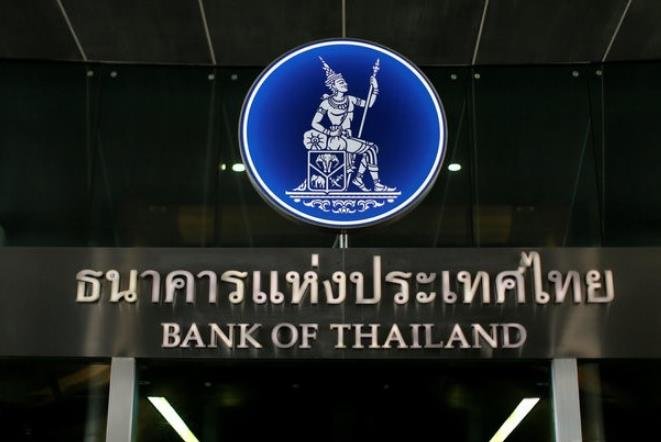The Bank of Thailand (BOT) decided to keep its key policy rate unchanged at 2.25% on Wednesday, ending a year-long tightening cycle that saw seven consecutive rate hikes since September 2022. The decision was in line with the expectations of a majority of economists in a Reuters poll, who predicted that the BOT would pause its rate hikes amid low inflation and weak growth prospects.
The BOT said in a statement that the current monetary policy stance remained accommodative and appropriate for the economic recovery, which was expected to be slower than previously projected due to the impact of the COVID-19 pandemic on domestic and external demand. The BOT also revised down its growth forecast for 2023 from 4.1% to 3.9%, citing the uncertainty from the global economic outlook, especially the slowdown in China, Thailand’s major trading partner.

The BOT noted that headline inflation edged up slightly to 0.88% in August, but remained below the target range of 1-3% for the fourth consecutive month. The BOT attributed the low inflation to subdued demand-pull pressures and the decline in energy prices. The BOT expected inflation to gradually rise towards the lower bound of the target range in 2024, as the economy recovered and the base effects from the previous year faded.
Economists expect BOT to remain on hold until 2024
Most economists in the Reuters poll agreed that the BOT would keep its policy rate at 2.25% until 2024, as there was no urgency to resume tightening given the benign inflation outlook and the fragile economic recovery. Some economists also pointed out that the BOT had already reached its estimated neutral rate, which was the level of interest rate that neither stimulated nor restrained economic activity.
“The BOT will switch to a wait-and-see mode. It is actually in a relatively comfortable position to take its time in terms of making its policy decisions because growth is strong, inflation is low,” said Lavanya Venkateswaran, senior ASEAN economist at OCBC.
“We don’t see inflation coming back to within BOT’s target for the rest of this year at least, and possibly even in Q1 next year … so I don’t think in the near term there’s a need to rush into further hikes.”
However, there was a split among those with a longer-term view on rates, with 47% of economists, nine of 19, expecting the BOT to keep rates at 2.25% until end-2024, while six predicted another hike to 2.50%, and four anticipated a cut – three to 2.00% and one to 1.75%.
Thailand faces challenges from COVID-19 and global headwinds
Thailand’s economy has been hit hard by the COVID-19 pandemic, which has disrupted tourism, trade, and domestic activity. The country has reported over 1.8 million cases and more than 18,000 deaths since the outbreak began in early 2020. The government has imposed lockdowns and curfews to contain the virus spread, but these measures have also weighed on consumer and business confidence.
The tourism sector, which accounts for about 12% of GDP, has suffered a sharp decline in foreign visitors due to travel restrictions and quarantine requirements. According to the Tourism Authority of Thailand, only about 200,000 tourists arrived in Thailand in the first eight months of 2023, compared to over 40 million in 2019. The government has launched several schemes to revive tourism, such as the Phuket Sandbox and Samui Plus programs, which allow vaccinated travelers from selected countries to visit certain islands without quarantine. However, these initiatives have had limited success so far, as demand remains weak and infections persist.
Thailand also faces external challenges from the global economic environment, especially the slowdown in China, which is its largest export market and source of foreign direct investment. China’s economy grew by only 4.9% year-on-year in the third quarter of 2023, down from 7.9% in the previous quarter, as it grappled with power shortages, supply chain disruptions, regulatory crackdowns, and property market woes. The slowdown in China could dampen Thailand’s export performance, which has been one of the main drivers of growth amid weak domestic demand.
Thailand hopes for recovery in 2024 with vaccination and fiscal stimulus
Despite the challenges, Thailand hopes to achieve a stronger recovery in 2024 with the acceleration of its vaccination program and the implementation of its fiscal stimulus measures. The government aims to vaccinate at least 70% of its population by the end of this year, which would allow it to ease lockdown restrictions and reopen more sectors of the economy. The government also plans to spend about $64 billion on various stimulus packages over the next three years, focusing on infrastructure development, social welfare, health care, education, and digital transformation.
The BOT said that these fiscal measures would support the economic recovery and mitigate the long-term scarring effects of the pandemic. The BOT also said that it would continue to monitor the economic and financial developments closely and stand ready to use additional monetary policy tools if necessary.
